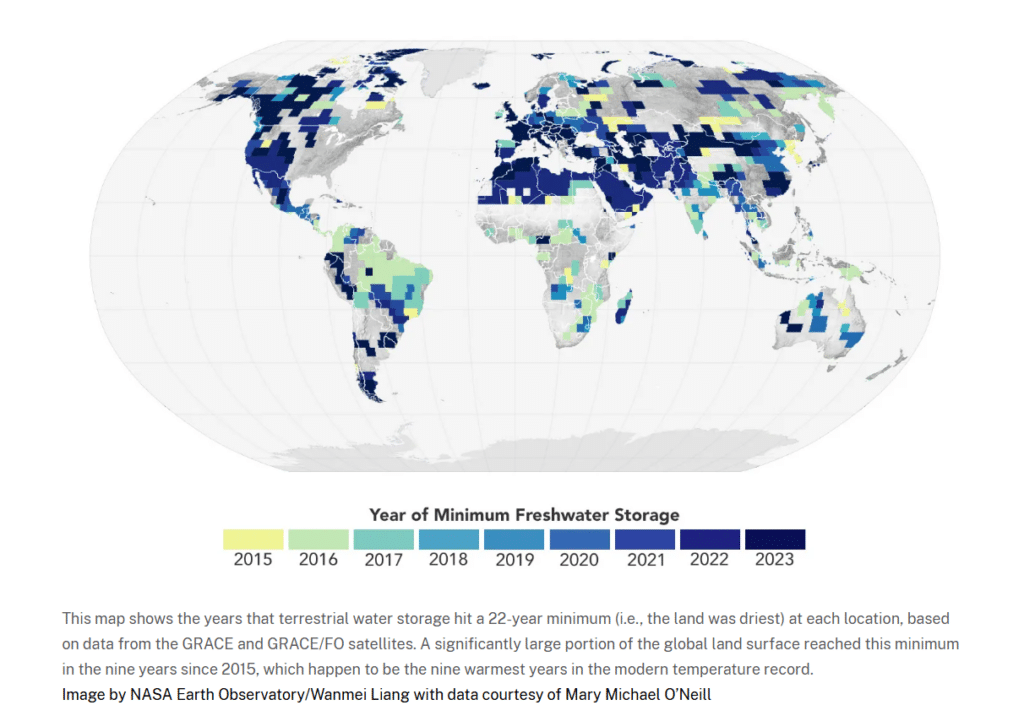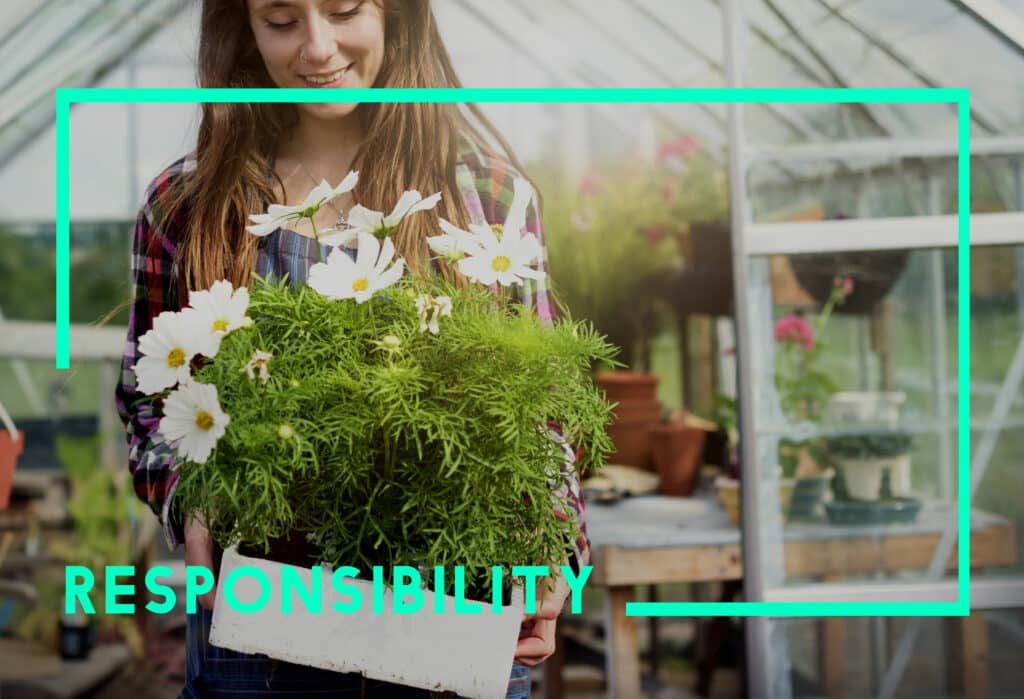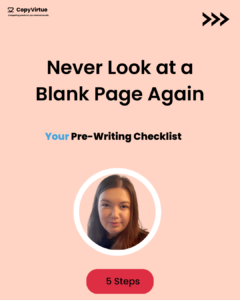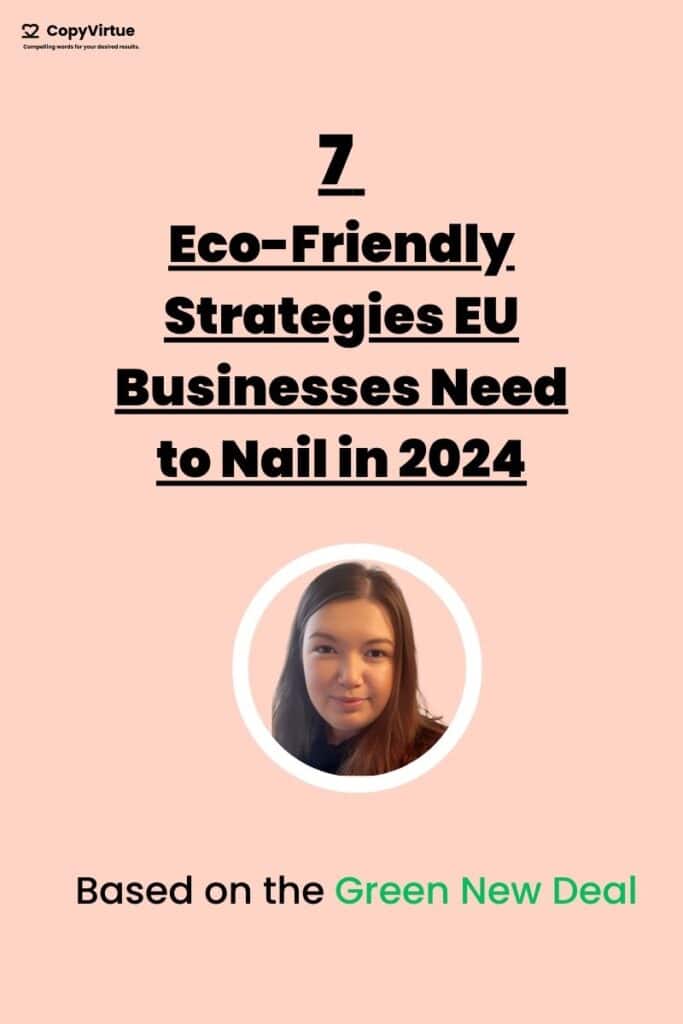Attending the GenAI Summit hit me like a ton of bricks.
AI is a powerhouse of potential, but the cracks in its foundation—power guzzling, water draining, and ethical blind spots—are impossible to ignore.
But how do we keep pushing boundaries without bulldozing our planet or our values?
Like many of you I’m trying to make sense of this. Because we both know that AI is here to stay.
And I believe it’s not just about what AI can do; it’s about what it should do. And if we’re serious about a better future, sustainability has to lead every leap forward.
The Good, the Bad, and the Overheated Chips

I arrived a little late (oopsie), and missed the “GenAi in Sustainability” session. But fate intervened—I ended up chatting with Mariza Fotiou, during the exclusive VIP and donors’ lunch. She was one of the speakers at the session I missed.
Which felt like serendipity connecting the dots. I guess that’s what happens when you’re in the right room with the right people. But more on this later..
During the first demo I attended, George Dritsanos, VP at Schneider Electric, said:
“AI is good for us; it helps humanity evolve, but it needs to be sustainable.”
As inspiring as that was, what followed revealed the chinks in AI’s armor. George shared an alarming story about NVIDIA chips overheating in data centers.
“When we told IT about it, they replied, ‘Overheating? We didn’t think about that.’”
So in a way, AI is like a car engine revving up to incredible speeds, only to overheat without a cooling system in place. Hmm 🤔🤔🤔???
We know cooling the chips requires an enormous amount of energy and water—two resources we can’t afford to waste.
And talking about water, NASA satellites recently revealed an abrupt drop in global freshwater levels.

And if you are wondering what’s the connection, here is a visually pleasing article by the Washington Post titled “A bottle of water per email: the hidden environmental costs of using AI chatbots“.
Now hearing that NVIDIA hadn’t even considered overheating as a potential issue felt like discovering the electrician hadn’t grounded the wiring in a new home.
It’s not just an oversight; it’s a glaring omission with wide-reaching implications. Without regulations enforcing sustainable practices, we’re building AI systems with foundations as shaky as sandcastles in high tide.
And that’s not even touching on how tech giants like Amazon, Microsoft, and Meta are racing to build data centers to support AI at scale. Often without humanity’s best interests at heart.
This is why I believe we need more than just guidelines; we need mandates.
And as Mariza Fotiou wisely pointed out- “suggestions are just that.”
But to be fair the EU is at least doing some minor steps into the right direction. If you want to learn more, check out the EU Artificial Intelegent Act.
AI in the Classroom: A Double Act of Books and Bots

At the exclusive networking lunch (hello, VIP perks!), I had the pleasure of meeting Aurélio Amaral, Manager of Programs at WISE Qatar Foundation, one of the panelists from the Innovation in Education Globally session.
Aurélio and I chatted about the role of AI in education. As a former English teacher, I’ve witnessed firsthand how students lean on technology to cut corners, often at the expense of critical thinking. I often feel it’s like handing them a GPS before they’ve learned how to read a map.
But Aurélio shared an inspiring example from Jordan, where Iqrali uses AI alongside books to promote literacy in Arabic.
I couldn’t help but picture parents and children bonding over stories, with AI serving as a gentle assistant rather than a replacement. In a world where parents are often absent due to work, initiatives like Iqrali feel like a beacon of hope, creating not just better readers but stronger families.
Why I Decided to Stay
Initially, I’d planned to leave after the lunch. The summit felt like a blend of trade shows, presentations, and pitches—not exactly my idea of a day well spent. But I wanted to know more about Iqrali. As luck had it, once again, Iqrali was one of the finalist for the WISE Prize for Education. A session at the Alternative Stage Aurélio suggested I attend. Plus, it was right after the lunch a win-win-win 😉.
Thank you, Aurélio, for reminding me why I came: to find stories of innovation and impact that align with my values.
Lunch Conversations That Fuel Change

Before heading to the Alternative stage and checking out the finalist, I met Despina Pilou, Project Manager at ORCO S.A., Mariza Fotiou, VP at BP, Founder, Digital Professional, Social Entrepreneur (one of the speakers I sadly missed), and the head of designers at EY (whose name escapes me—apologies!).
We spoke about the ethical and moral implications of AI, as well as its impact on job displacement and inequality. For creatives, translators, and other industries, AI feels like teaching a shadow—quick to mimic, but void of the soul that makes the work meaningful. Companies eager to cut costs may embrace the shadow, not realizing it erodes the authenticity and trust their brand was built on.
What stood out most was the shared agreement that AI, as powerful as it is, needs a moral compass. Without it, we risk losing sight of the human element that makes our work meaningful.
Where Do We Go from Here?

This summit wasn’t just about AI’s potential; it was a reminder of its pitfalls. From overheated chips to underserved classrooms, and the disappearance of critical thinking- the challenges are vast. But so are the opportunities.
AI is like a fire: it can warm our homes or burn them down.
The question is, how do we contain and direct it for the greater good?
Conversations like the ones I had at the summit are a step in the right direction. They remind me—and hopefully you—that humanity must remain at the heart of innovation.
But here’s the good news: amidst the challenges, there are incredible tools and initiatives already making a tangible difference.
In my next blog post, I’ll dive into some of the AI-driven solutions that are lighting the path forward.
Here is a sneak peak😉..
- Bonocle, a game-changer in accessibility for the visually impaired.
- Darsel, empowering educators with cutting-edge classroom tools.
- Iqrali, fostering literacy and family connection in underserved communities.
Each of these tools is proof that when AI is guided by purpose, it becomes more than just technology—it becomes a force for positive impact.
When aligned with humanity’s best interests, AI can truly change lives.
I Choose Hope. And you?
I went to the summit with few expectations. Little did I know, I’d be pleasantly reminded of the power of human connection. Whether it’s through education initiatives like Iqrali or candid conversations about ethics and sustainability, it’s clear that real change starts with us.
Let’s not leave the future of AI—and humanity—to chance.

🥂To your success!
Your cheerleader for life, Darina.
Feel you need some win-win-win AI in your life? Keep an eye out for my next blog post.
I don’t work with everyone—I partner with changemakers who prioritize purpose over profit.
Do You Want messages that reflect your mission, inspire trust, and Foster meaningful connections?
Here is how I can support you..
1. Feeling stuck? Ensure Your Brand is on the Right Track & Gain Peace of Mind with Strategic Guidance. Let’s dive into your brand’s challenges and find clear, actionable paths forward.
2. Build a resilient brand with Holistic Brand Voice Guide—forge a message that stands strong, even in challenging times.
3. Want to Set your Brand up for Success? Check out my Complete Brand Communication Strategy —a comprehensive plan to engage your audience and drive growth.
4. Pick the level of support you need: from Brand Strategy, and Human–Centric Copywriting to Conversion Optimization, Consulting | Research Services.
Let’s tailor a solution that resonates with you and your audience.






